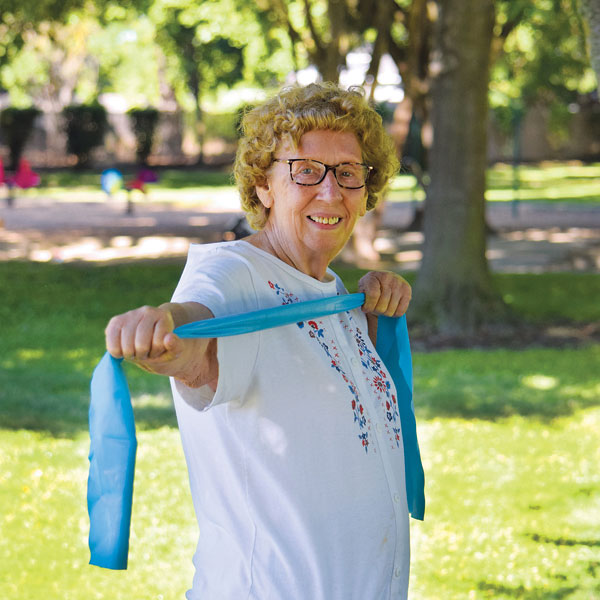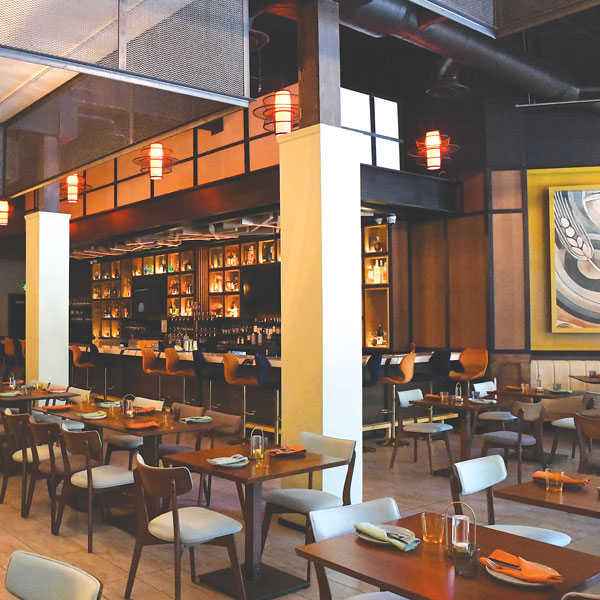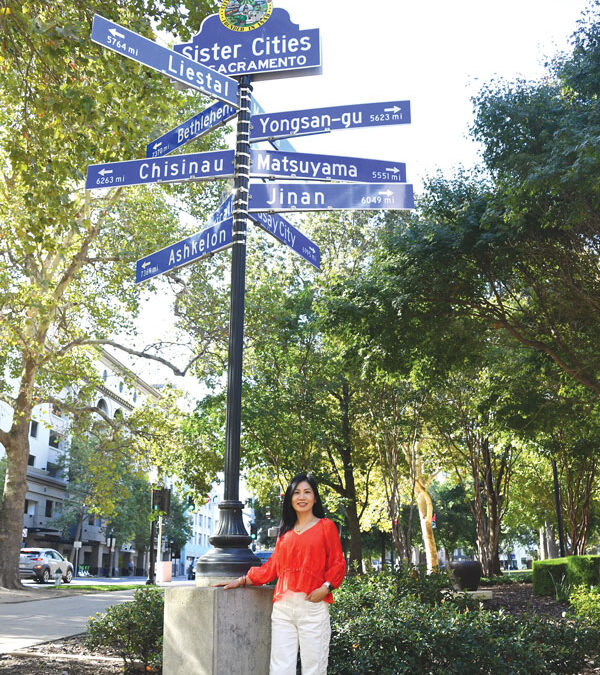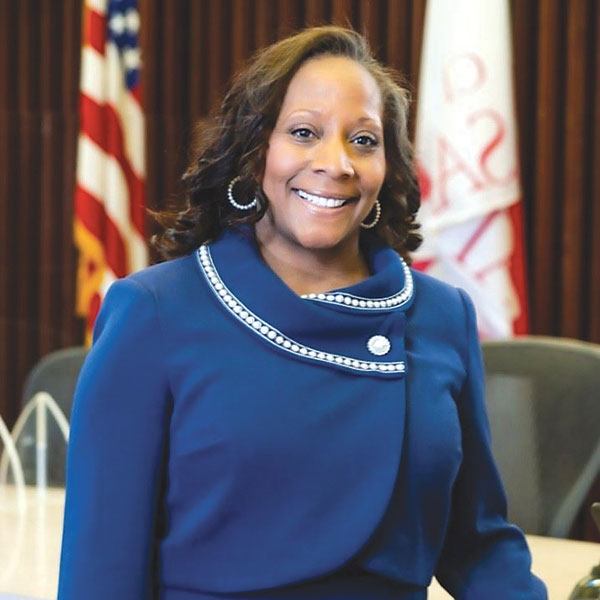
Oct 28, 2025
Look close at any neighborhood and you’ll see it. A neighbor delivers a meal to a friend recovering from surgery. A teenager rakes leaves for an elderly couple. Volunteers stack crates at the food bank or help with park cleanups.
We know these acts strengthen our community fabric. What’s new—and encouraging—is evidence that they strengthen our minds too.
A recent study by the University of Texas and University of Massachusetts in the journal Social Science & Medicine finds frequent helping—whether through volunteering or support to neighbors, friends or family—slows cognitive decline by as much as 20%.

Oct 28, 2025
In place of an Irish pub, a sophisticated Mediterranean restaurant has emerged. Field-N-Flame Midtown, open since March, took over de Vere’s Irish Pub with an extensive remodel. What had been a convivial, rustic spot is now an elegant, cosmopolitan dining room.
The 1500 block of L Street has seen significant turnover since the pandemic. The block was once known for pubby good times, drinking at de Vere’s or the Public House, noshing pub grub and catching whatever game was on TV. Now the stretch is home to impressive dining.
David English’s delightful Juju, a cocktail bar and small bite room, holds down the block’s west end. An upscale taqueria is moving into the old Public House at 16th Street. Field-N-Flame shores up the middle.

Oct 28, 2025
It doesn’t happen often in politics, but sometimes we get the right outcome despite long odds and low expectations. Senate Bill 79, which encourages high-density housing near major transit hubs in Sacramento and other California cities, is a prime example.
In an interview with Inside, state Sen. Scott Wiener (D-San Francisco), sponsor of several impactful housing bills in recent years, admits he was lukewarm about SB 79 earlier this year.
“We have done a lot of different housing work over the years, and it’s been fantastic,” Wiener says. “But the idea of rezoning around transit is a very tough one politically because so many cities have zoned for single-family homes around the highest quality transit. And that’s just not sustainable for housing or for these (transit) systems.”

Oct 28, 2025
When I moved to Sacramento, people called it a cow town.
Coming from back east, I had no idea what this meant. I imagined feedlots filled with cattle, their feet kicking up dust. But the city, lush with fruit trees and palms, ringed by farms, divided by two major rivers, has no cows.
After almost 12 years in Midtown, I still don’t know what cow town means, other than a reference to put down the city and tie it to its agricultural roots.

Oct 28, 2025
Sacramento and its sister city Jinan, in China’s Shandong Province, are similar. Both are capitals, both have rivers and both share rich cultural scenes. Grace Liu knows this firsthand.
Liu is a Jinan native. She attended Shandong University before coming to Sacramento State¬. The J Street campus was the only U.S. school she applied to, due to its sister city status. She earned a master’s degree in management information science.
When Liu arrived in 1996, she was contacted by the Jinan-Sacramento Sister Cities Corporation, a nonprofit set up in 1984 to “foster mutual understanding, cultural awareness and friendship” between Sacramento and Jinan.

Oct 28, 2025
New City Manager Maraskeshia Smith inherits a budget with a structural deficit caused by nine bosses who regularly outspend their checking account. That’s how the City Council operates.
Can Smith do a better job than the former city manager, Howard Chan?
“I will lead with integrity, transparency and a commitment to innovation, fostering a culture that embraces forward-thinking solutions,” she says.











